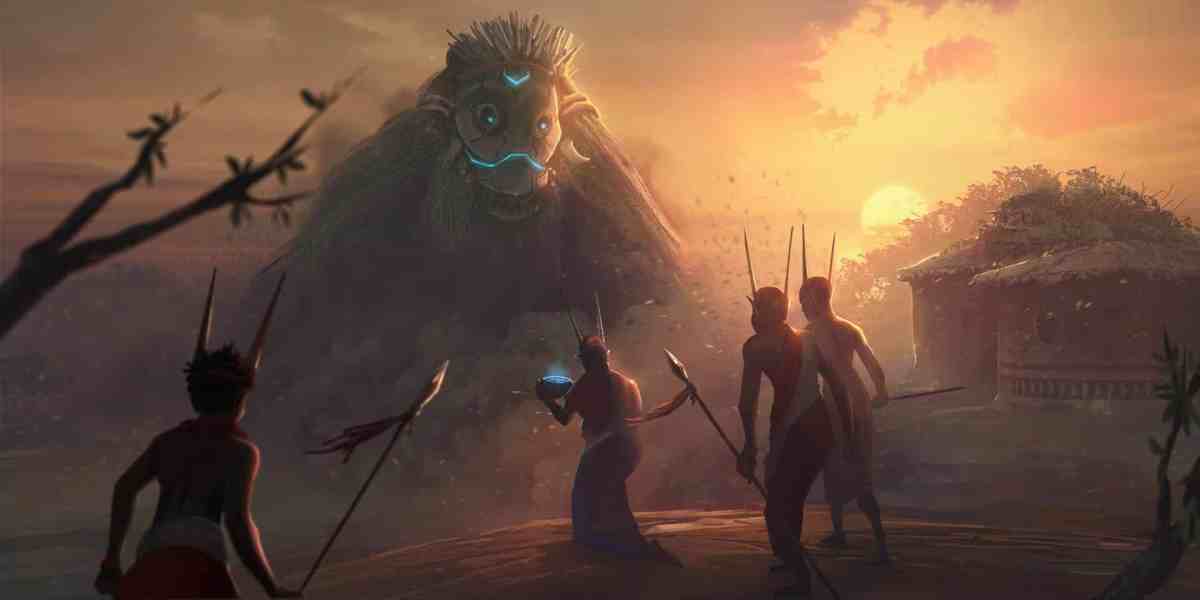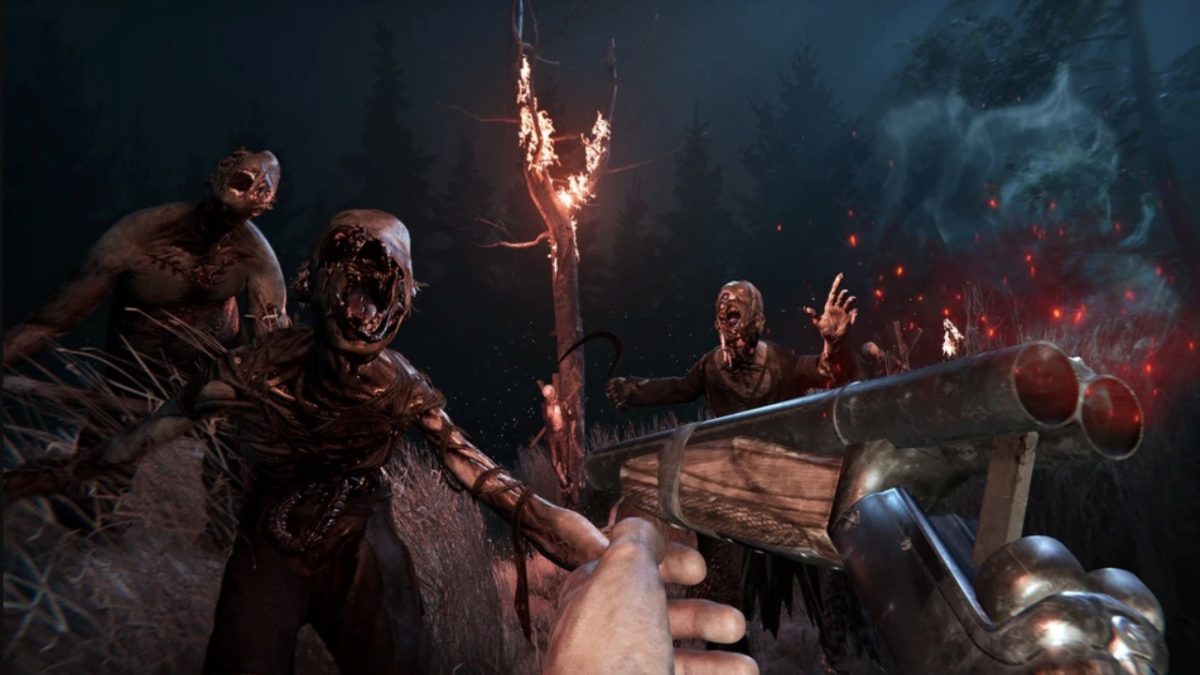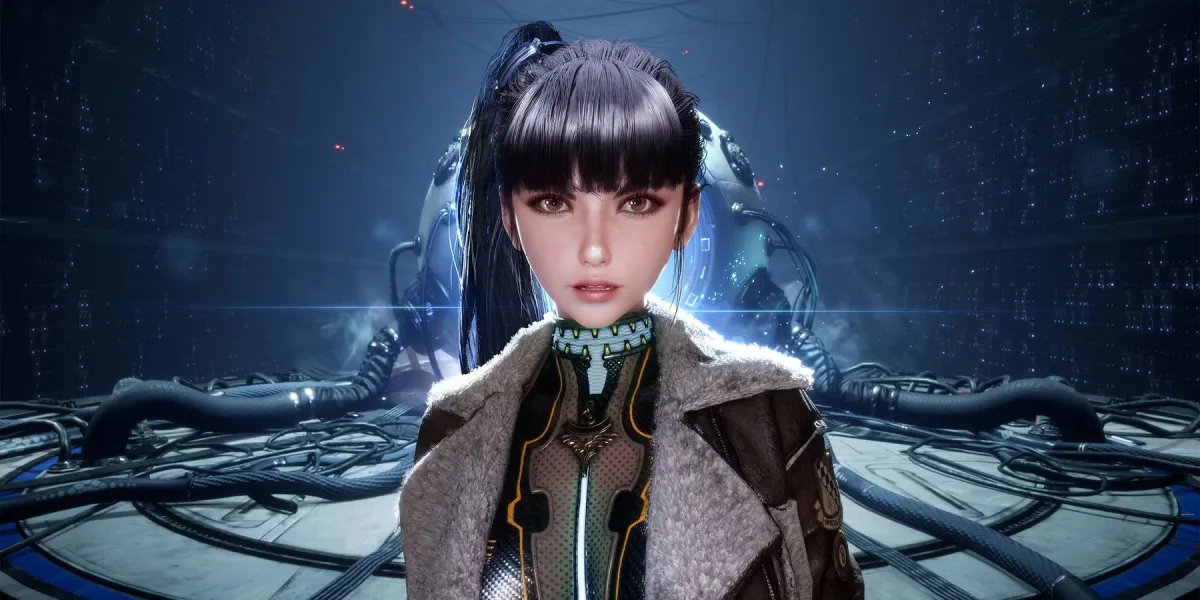Black Lives Matter protests have swept the world across the past few months, occurring all over the United States, as well as Melbourne, Berlin, Sao Paulo, London, and countless other cities. These protests are a cry for a reckoning with the injustices of the past and the inequities of the present so that everyone, together, regardless of their ethnicity or creed, can build a better future.
Despite the common rhetoric, the movements are not just about politics and policing; they are about fairness and truth-telling. Because of that, the effects are far-reaching: strikes in academia, the toppling and defacing of statues, the addition of an informational disclaimer to HBO Max’s version of Gone with the Wind. In many instances, these issues can be summarized in a single word: representation. Negative media representations that reinforce harmful stereotypes. Overrepresentation in criminality statistics that contributes to a self-fulfilling prophecy of more intrusive policing in poor neighborhoods. Underrepresentation in board rooms and science institutes leading to exclusionary technologies and policies. And those systemic problems affect not only people of color, but also, to differing degrees, people with disabilities, women, and LGBTQIA+ people.
The video games industry has not been isolated from these discussions, though it has been grappling more visibly with exploitative employment and entrenched sexism.
Some might argue that, because they are current, those issues should take precedence. Some might say video games should not engage with social issues at all because they are just games, just entertainment.
Others reject the hierarchy of importance and the idea of vapid entertainment. That includes Twin Drums founder and Lead Designer Allan Cudicio, who said, “That’s a problem which we have in the gaming industry, that (those in the industry) sometimes think … that we’re apolitical. That we’re not tackling social issues. It’s like, ‘This is just a game. There’s nothing political about this.’”
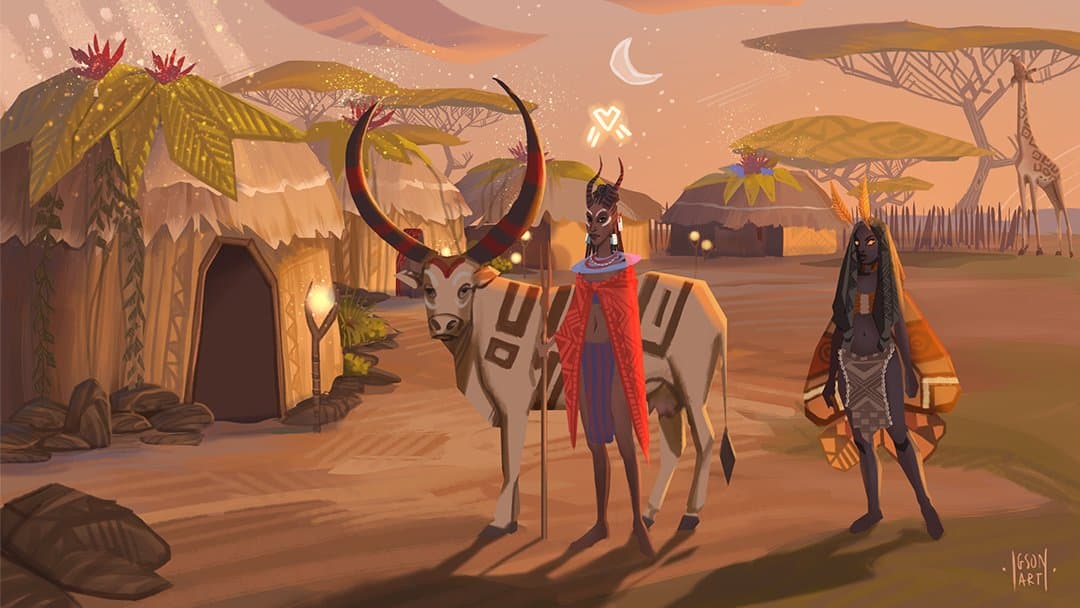
He rejects that idea in his work, saying that, although he did not begin with the intention of making a political statement, “If I were to claim I’m not, I would be lying either to you or to myself.”
Cudicio is developing The Wagadu Chronicles, an upcoming online and tabletop Afrofantasy RPG, the first story of which will be available later this month.
The game exploded into the public consciousness early this year when the team shared an extensive tease of the setting and peoples on Twitter. What immediately stands out in that thread (and later ones) is the celebration of Africa, Blackness, and a complex reinterpretation of both fantasy and RPG trends.
Cudicio said that all of these factors drive the design of The Wagadu Chronicles. He argued that the kind of highly performative role-playing that takes place around a Dungeons & Dragons table is “underserved” in gaming, where players who want to do that “try to hack such spaces in MMOs” or things like Grand Theft Auto Online, “but this is not a great solution. You get trolled a lot.” The intention is to build a game around the types of interactions that are typically found around a tabletop.
And that disruptive design philosophy echoes Cudicio’s driving goals in creating the setting of Wagadu: “I want to expand fantasy and our imaginary to have more shades, more colors, more hues. … I want people to see Black people as part of a historical fantasy, or a fictional historical and fantasy world as well, because Black people have history and Black people have cultures and pantheons and items that we can use for fantasy.”
He called The Wagadu Chronicles a “rebuke” against the kind of lazy fantasy worldbuilding that has proliferated in the wake of Tolkien — the fantasy of elves and dwarves and halflings, of absolute good and absolute evil often divided along clear racial lines. A healthier approach being used for The Wagadu Chronicles is to draw from Tolkien’s process of extensive research and recombination and create new worlds with new rules and based on different real-world backdrops.
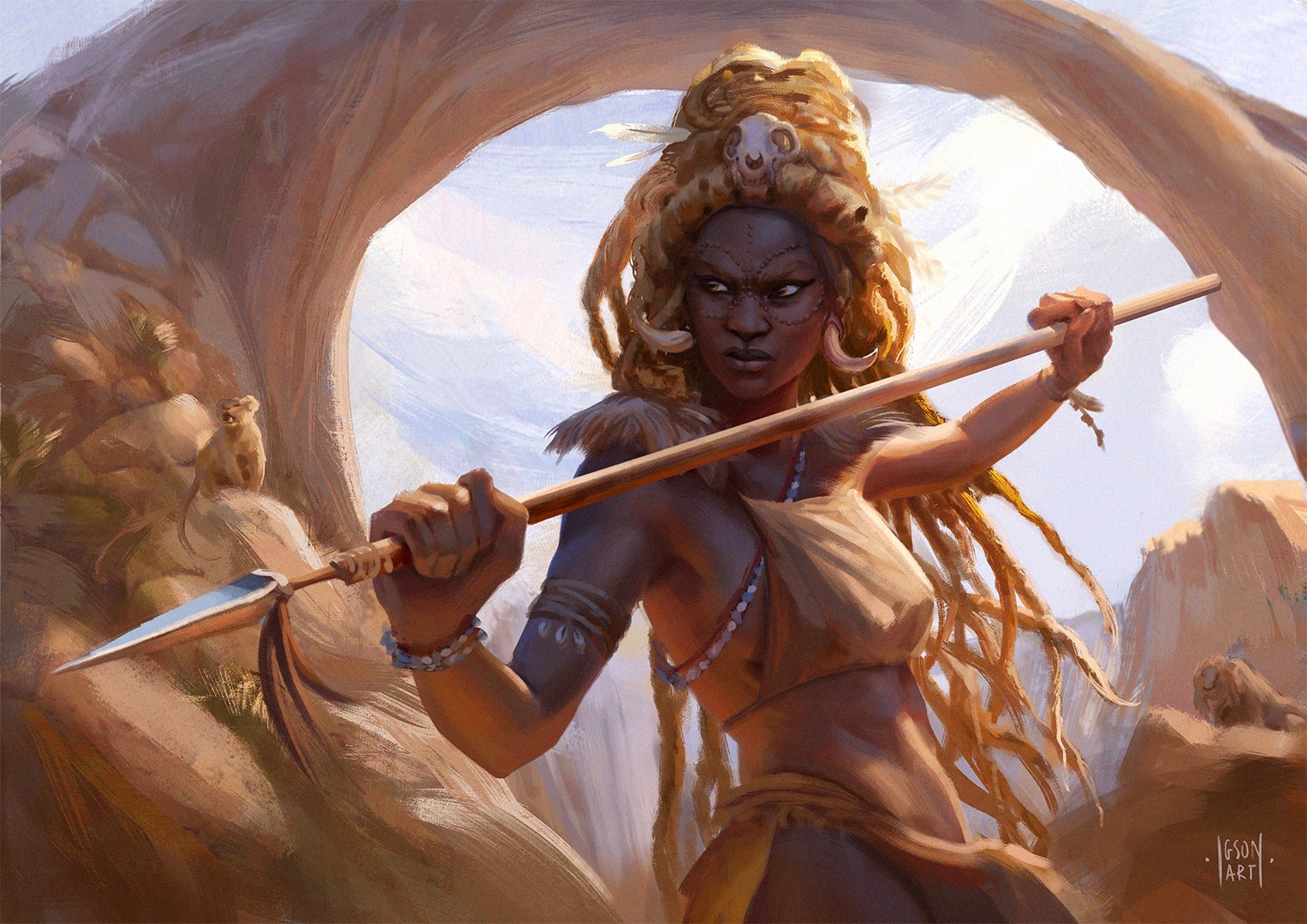
All of this — the fascinating vision and the bold mission — is inspired by Cudicio’s personal background. He grew up in northern Italy, a child of Italian and Ghanian heritage.
Italy is renowned for its patriotic spirit. The people bear a deep, quiet pride in the history of their nation, from the Roman Empire to the Renaissance, from the architecture and art to the language.
Cudicio reflects that stereotype. His exuberant love of Italy was plain to hear, and he added that “in some way, maybe almost paradoxically, my connection to Italy and Italian culture is one of the reasons why I’m so connected to Ghanian and African cultures as well because I feel this love and nurturing I got from Italy, I wanted it from Ghana and from Africa as well.”
He grew up in an African household, exposed to Ghanian culture and languages, as well as visiting the West African country every year as a child and later living there for a while.
The Wagadu Chronicles, then, is a way of paying respect to a part of the world often viewed as other. At the same time, Cudicio is thinking about who might play his team’s game. He reflected on his own gaming experiences, citing Fable and The Walking Dead as two that stand out. As a young gay man, Cudicio found joy and a sense of empowerment in Fable that didn’t prescribe heteronormativity. Meanwhile, The Walking Dead having two protagonists of color helped him feel seen:
“Even as a much more mature and confident black man, it still made me so happy, but on the other hand, it shows how starved I am for representation.” Then he paused for a moment, before adding, “I was going to say ‘I was’ and I said ‘I am.’”
Feeling this way, he believes, is something of a universal experience for people from minority backgrounds or people with disabilities. There is a need to be seen. “And we as game developers provide so much more than fun. We provide visibility, representation, affirmation, confirmation. So that’s why for me, especially as a person in a number of minorities, I have to do this. … I feel like I have a mission. It might seem lofty, but that’s how I feel.”
Representation can cut two ways. It can be a tool of empowerment, of recognition and respect. It can also be a tool of information and normalization for everyone not directly represented. It can be overt, as in The Wagadu Chronicles, or baked into the underlying fabric of a game in a way that enriches the experience without necessarily drawing attention to itself.
Innchanted is an example of the latter approach. In development at DragonBear Studios, Innchanted is a fantasy management sim that takes place in an Australia-inspired setting. Australia offers far more to draw on than the tourist-friendly images of koalas, kangaroos, and the Outback. The continent is also home to the oldest living cultures in the world through its Indigenous populations, and DragonBear Studios is keenly aware of that.
To ensure that heritage is represented respectfully, the team reached out to Phoebe Watson, a member of the Yarrer Gunditj clan and game design student at RMIT, to act as a Cultural Consultant.
Watson is responsible for liaising with Aboriginal Elders about the languages, items, and knowledge that can appear in the game because Indigenous clans have sometimes complex rules about information that can be shared outside of the group or between men and women, for example. However, those traditions about the sharing of knowledge vary across different clans and groups across the country, so Watson is working primarily with the Wurundjeri people of Melbourne and the Gunditjmara people around Warrnambool.
“I provide that advice, and then together we find ways to make things work,” she said.
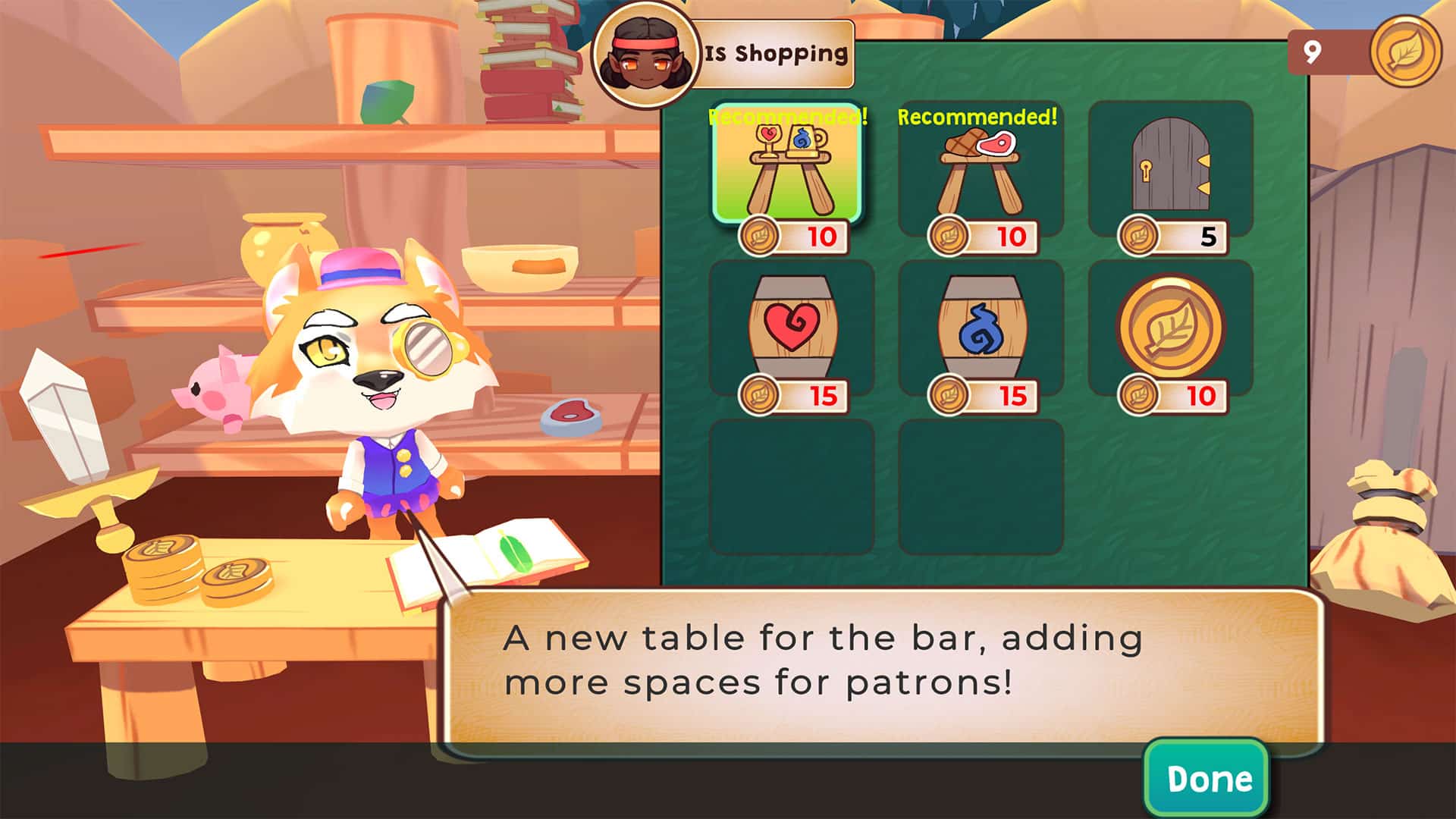
For example, she emphasized that the team is not recreating any Dreamtime stories to appear as quests or plotlines. Instead, she said that the Australian color stems more from anthropomorphic creatures based on native wildlife or fantasy creatures inspired by Indigenous myths.
These elements are woven into the thematic background. The hope is that this way of thinking creates a space that is open and approachable for people who may be hesitant to engage with that kind of content, “whether it’s because they’re uncomfortable with the subject matter or they just feel like it’s not for them because they’re non-Indigenous. We’re trying to make a game that anyone can play and enjoy and maybe learn from, whatever background they come from.”
This goal reflects Watson’s own journey. Although she was aware of her cultural heritage, she said she was not as passionately engaged with it as she is now even a year ago. Seeing the way that games like E-Line Media’s Never Alone portrayed Native Alaskan culture and language in an evocative and memorable way, as well as engaging in the creation of Innchanted, has played a role in awakening a sense of pride for her culture, and she wants to share that with the world.
Just as importantly, though, Innchanted engages in the postcolonial process of writing back. Historically, Indigenous people in Australia were regarded as subhumans, and those beliefs were used to justify a brutal history of ethnocide, assimilation, and the stolen generations. However, research and media like Cleverman and Bruce Pascoe’s Dark Emu challenge the underlying falsehoods that inform those beliefs.
Watson hopes that the Indigenous content within Innchanted can tap into that same spirit of education and help people understand “there is more to the Indigenous stories than you might find in the mainstream because there are narratives that our people were savages or barbarians. But we had harvesting and education and land care systems. I hope that it opens people up to our cultures more and gets them talking about it.”
She also said that there was early discussion about tackling those stereotypes head-on in a more aggressively anti-colonialist way, but that doing so wouldn’t have been right for the wholesome Innchanted.
Nevertheless, Watson sees video games as having an important role in the discussions about race and discrimination and implicit bias in the media and society: “They help to bring up difficult conversations. As more games talk about those things, you’ll see more people getting interested and then making more games or other media, and it’ll work towards getting rid of the stigma so that we’re able to talk about these issues more openly.”
But she adds that one of the most important things for creators seeking to tell stories that engage with living cultures and mythologies is to reach out and bring those people being represented on board throughout the process: “And make sure that you get their perspectives on what’s important and what should or shouldn’t be included because what you think is important might not be as important to them.”
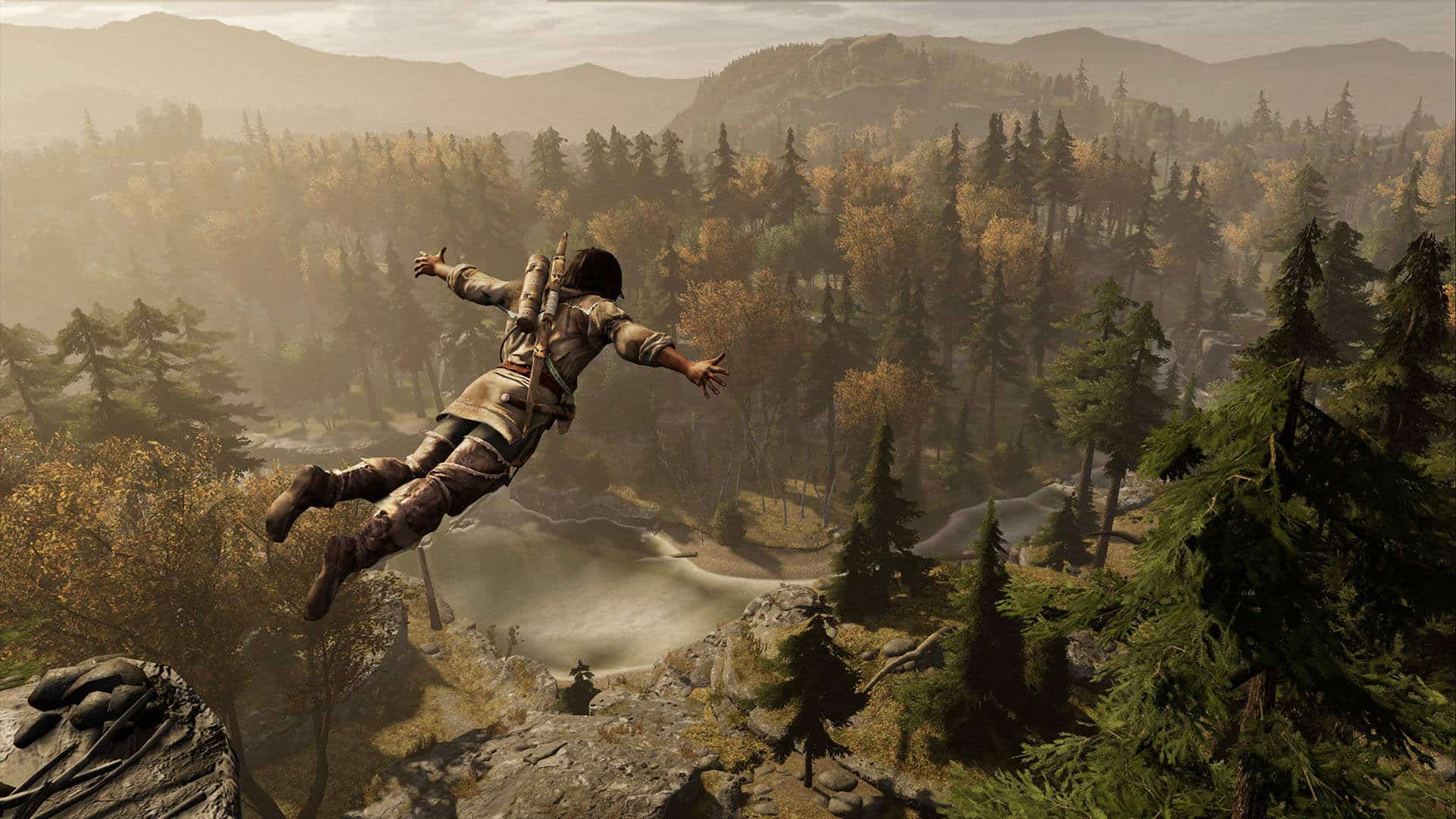
Alex Hutchinson, creative director of Assassin’s Creed III and Far Cry 4, echoed this sentiment: “There’s so much beauty and amazing content in the real world that you can leverage in your work that will challenge you and improve it … but my personal learning is also that you have to be aware that you are not of that culture yourself, so you can’t speak for it.”
Assassin’s Creed III and Far Cry 4 are two rare big-budget AAA games to center on protagonists of color. The development teams of those games went to considerable lengths to ensure their portrayals were respectful. For Assassin’s Creed III, it included working closely with the native people of Quebec, while Far Cry 4 included extensive on-the-ground research in Nepal to allow the team to capture “the feeling of the place,” as the game featured the fictional country of Kyrat. Hutchinson called the processes involved “one of the things that (he’s) most proud of in the business.”
For Hutchinson, that kind of dedication to taking the theme and setting of a game seriously is part of the job of being a developer: “I couldn’t think of anything worse than spending three years with the precise purpose of distracting someone and not offering anything else.”
He said that he aims to create situations where players must consider social challenges — though he prefers to do it with a dark comedy lens, as comes through most evidently in his latest project, Journey to the Savage Planet. But that sentiment quite obviously flies in the face of Ubisoft’s usual propaganda that its games are apolitical.
Hutchinson acknowledged the corporate necessity of avoiding controversy by taking a hard stance and possibly alienating consumers. However, he called Ubisoft’s refrain “a little disingenuous.” He said that the development teams are keenly aware of the political space in their games and that developers should not ignore that.
Video games have become a part of the social fabric. Even in an ordinary year where the world isn’t in lockdown, the industry is a bigger global earner than film. That gives video game creators a voice — a responsibility, which will only increase as time passes and the medium continues to grow. And Hutchinson said that responsibility is amplified further still because “games are uniquely positioned in that we speak to a very young audience, or at least a portion of our audience is a very young audience.” As such, developers have to find interesting and, more importantly, intelligent ways of engaging with real-world issues, such as discrimination and the presence of implicit bias.
Thus, the satirical sci-fi take on exploitative colonialism explored in Journey to the Savage Planet. The intent with the project was that players would regard it as “a discussion of what we’ve done to our own planet and what we do every day as much as it is what we’re probably going to do to the next planet if we ever manage to get off this rock.”
While the reception to that game was broadly positive, Hutchinson and his team ran into some criticisms, including that the title contributed to the perpetuation of negative stereotypes. Hutchinson dismissed that particular gripe as “shallow,” though he acknowledged the validity of the question that inspired it, about colonial violence. He further said that kind of commentary is useful.
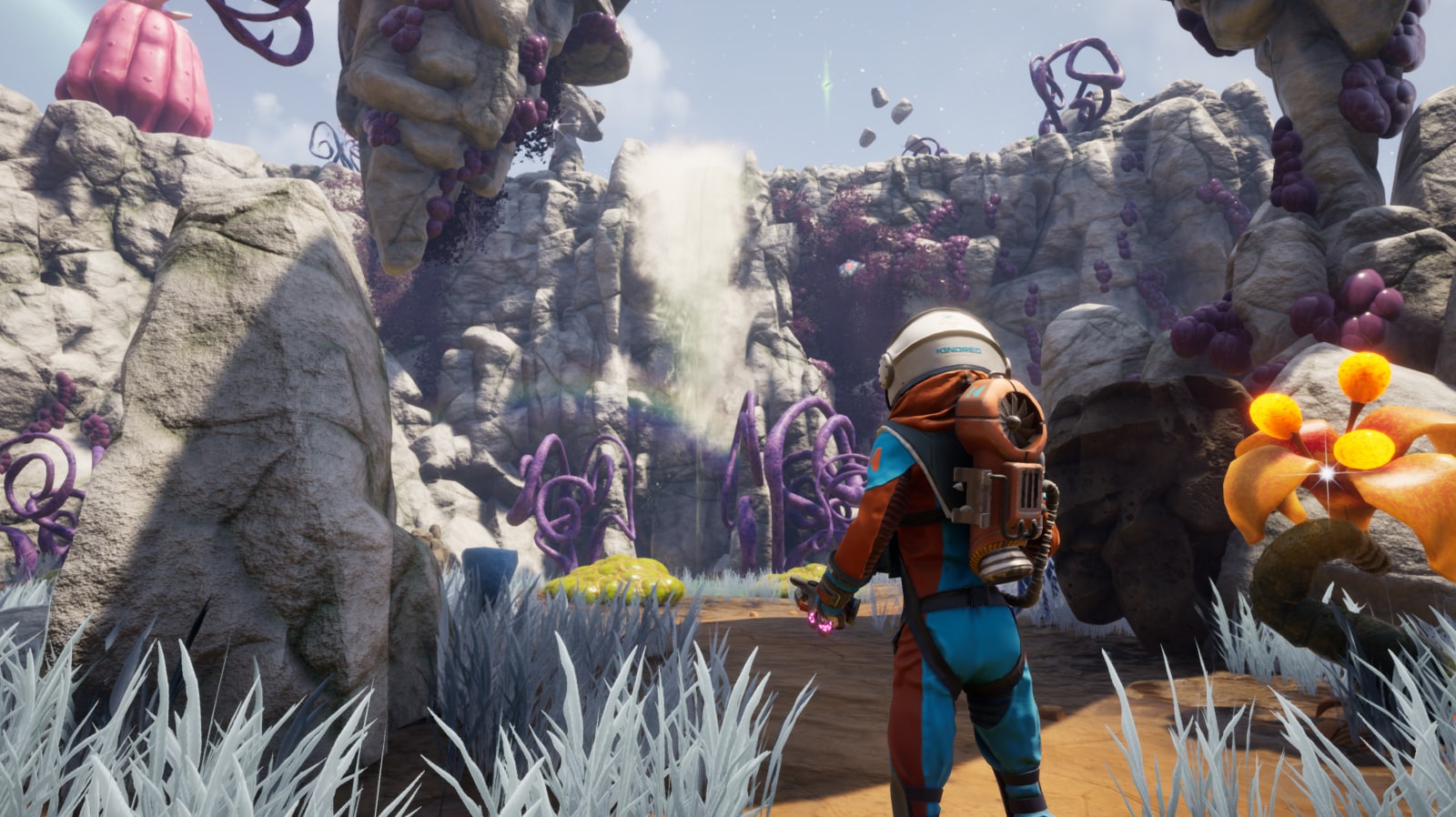
Because of the feedback loop that seems to be almost integral in the relationship between video game creators and players, such observations help to keep creators grounded and aware of the contexts in which they operate. “The world is always changing, and what people expect is always changing, and you’re trying to stay ahead of it as much as you can,” said Hutchinson.
For him though, two things that stand out as being eminently important for any game that tries to engage with these ideas of representation are intent and earnestness.
Intent does not always strike true. Mistakes can be made, as some might argue was the case for Journey to the Savage Planet, “but usually you can feel the intent of a piece of work or you will feel the intent of the group, but if the intent wasn’t to offend, then I think it’s pushing it a little bit to engage in sort of like a clickbait-y situation.”
Meanwhile, earnestness aids intent by bringing with it a sense of sincerity. That was one of the driving forces in both Assassin’s Creed III and Far Cry 4 — to engage with the settings, to be truthful and real, and to celebrate the cultures that were being represented.
And that, it seems, is becoming more common throughout the world of video games. Cudicio, Watson, and Hutchinson nominated a plethora of games that celebrate particular cultures, from the adolescent Americana of Life Is Strange and the honesty of Okami and surprising earnestness of Dynasty Warriors to the wonderful indigeneity of Never Alone and the Afrofantastical lens of Aurion: Legacy of the Kori-Odan.
Looking at the current gaming landscape, Ghost of Tsushima just launched to rave reviews, Marvel’s Avengers will star a Pakistani-American hero in Ms. Marvel, Tell Me Why will feature the first AAA transgender protagonist, and Corner Wolves will take players to the rough streets of ‘90s Harlem. Representation in gaming is becoming more diverse than ever.
And that is important.
A too common refrain in this discussion is that it doesn’t matter if a white voice actor gives up the role of a black character or if the statue of a 200-year-old slave trader is replaced. Those actions, the argument goes, are symbolic, distracting from the “real” issues of systemic and systematic inequality.
But Cudicio offered food for thought: “Symbols are important. There’s a reason why we have funerals and marriages and celebrate childbirth or why we have degree ceremonies. … An actor on TV or in a show or whatever has value. Their role, their representation has value. Their character has value. A video game has value. An article in a magazine has value. What’s written in that book has value. So, I think as human beings we fool ourselves when we think symbols don’t matter, statues don’t matter. They do. And we need to make sure that they project something positive.”

